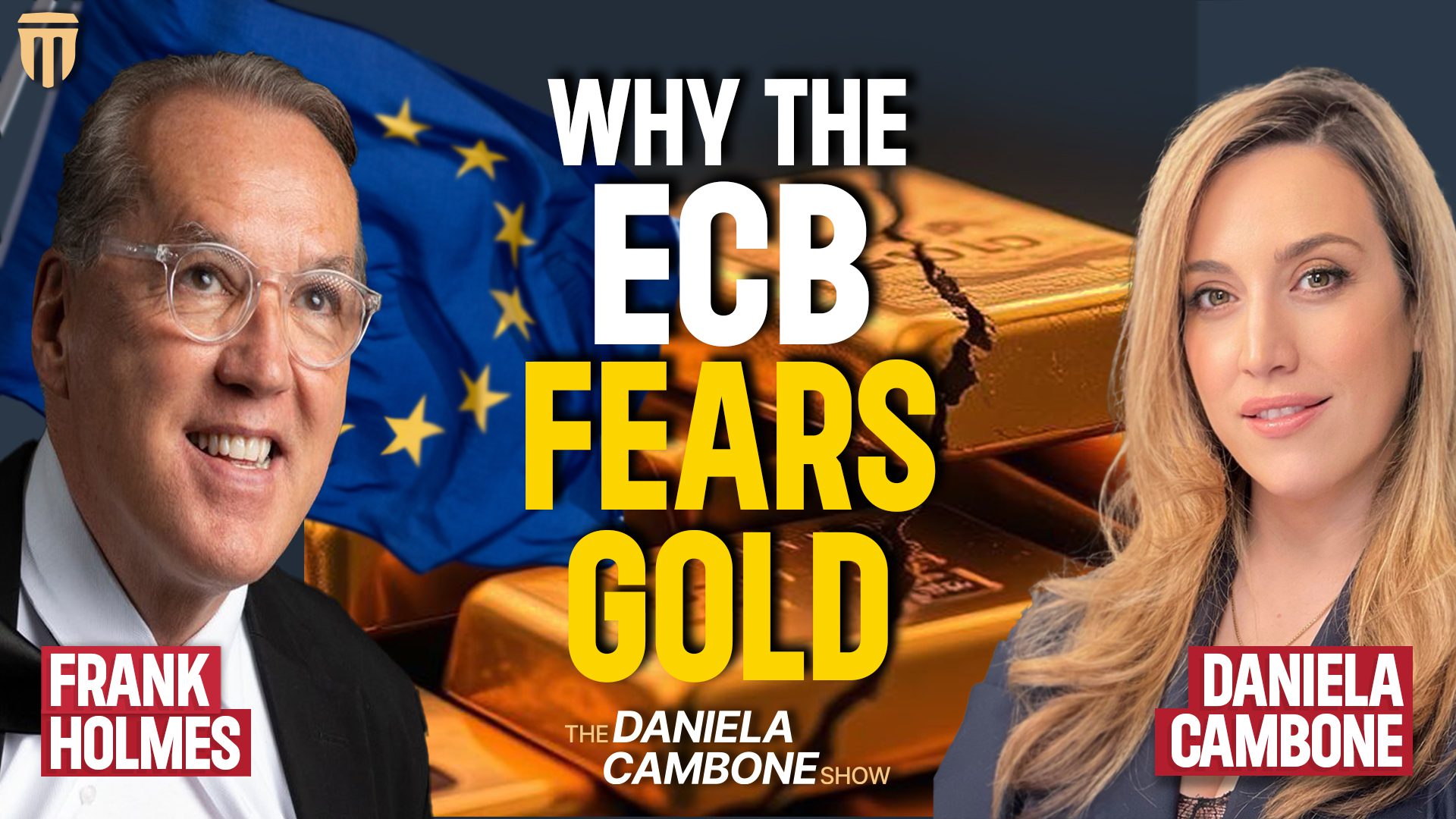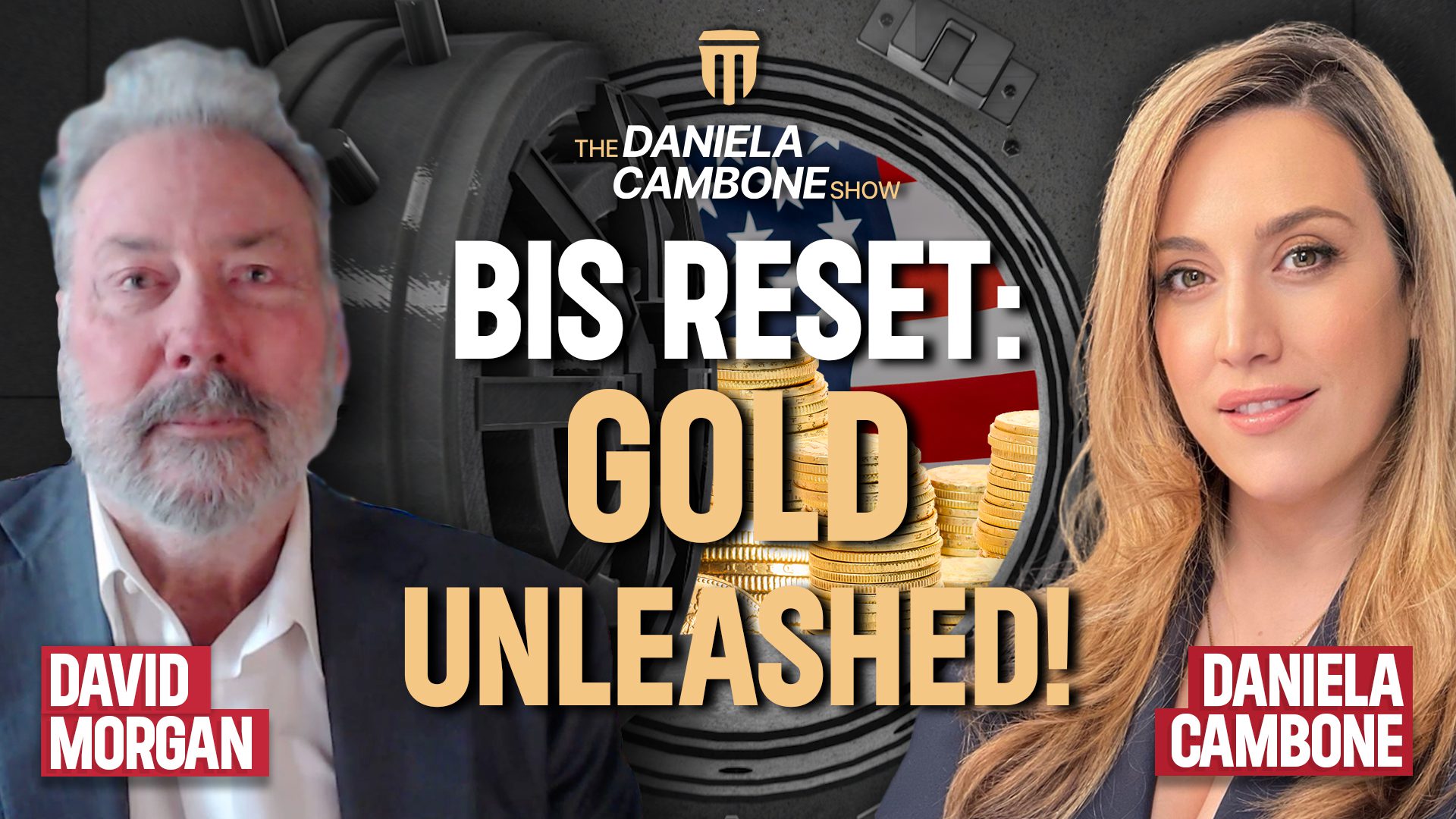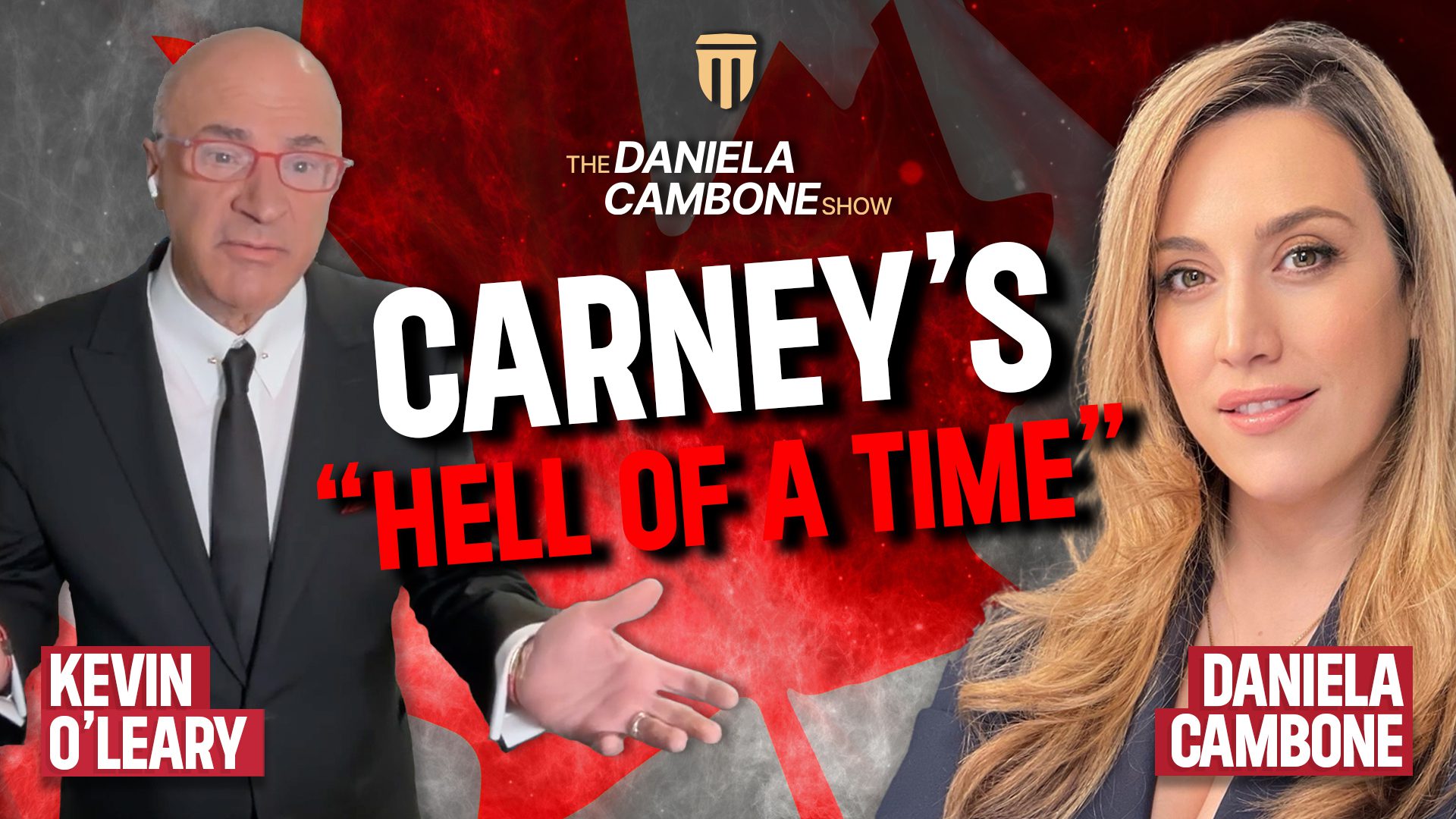The State of Nordic Banks

In May of 2012, Moody’s credit agency downgraded several of Norway and Sweden’s largest banks. The move came as a surprise to many who still consider Nordic banks to rank among the strongest in Europe. They are the only two countries in Europe that do not have a deficit, and it is significant that neither is a member of the Eurozone. The downgrades were mild compared to those inflicted on banks in Spain and Italy.
Moody’s Justification
The credit rating agency defended their decision based on the banks’ degree of reliance on wholesale funding, average profitability from retail loans due to price competition, and the vulnerability of their export-oriented economies to the problems facing the Eurozone. Moody’s believed that their funding and margins left them vulnerable to the unexpected, and that should they be caught off guard, rebuilding their capital would be very difficult.
Nordic Response
Representatives of the financial industry contested the decision on the grounds that the banks have diverse portfolios, and have access to the major funding markets like the US and Japan. They maintained that the cuts were mild and were likely to have relatively little impact. Customers could expect higher borrowing costs, but not much else would change.
Investors were unconcerned, and shares in the banks even rose following the announcement, demonstrating a lack of faith in the opinions of credit ratings agencies. For many, the strength of the Nordic banks is apparent and comforting.
Outcomes
And so far they have been right. Business at Swedish and Norwegian banks even in the months since they were downgraded has seen a dramatic increase. In fact, there has been such a large growth in deposits, that banks are no longer as reliant on the capital markets as a source of funding—one of the primary reasons for the downgrade. Their currencies are especially strong against the euro, thus making Nordic banks a refuge for international clients looking for protection against the dollar and euro.
It’s good news for Nordic countries as well as the rest of Europe. But the fact remains that if the situation in the Eurozone does begin to spiral out of control, a scenario that is entirely possible, Nordic banks will certainly suffer. For those left wondering “what is the best investment?†the answer still lies in precious metals. They are the only stores of value that will not be devalued—instead, times of economic uncertainty, they are in high demand as people seek to protect their assets. But when it comes to the question of “what is the best precious metal to invest in?â€the answer will vary. Personal preferences and unique portfolios are the determining factors, but there are many others to consider as well. For this reason it is best to consult a Precious Metals expert at ITM Trading.














